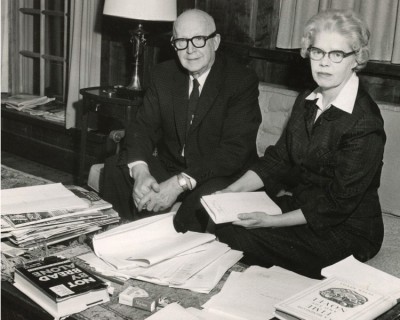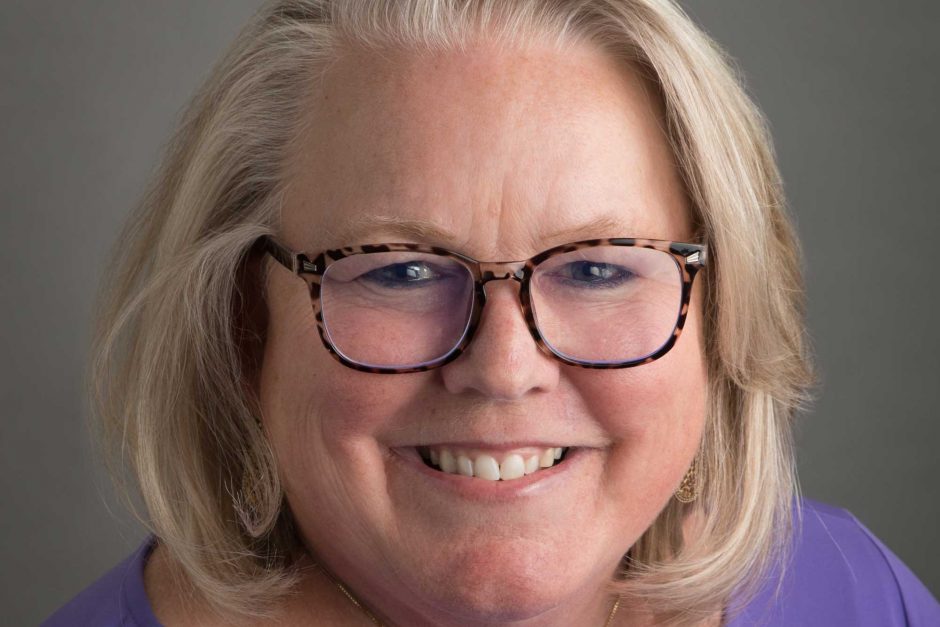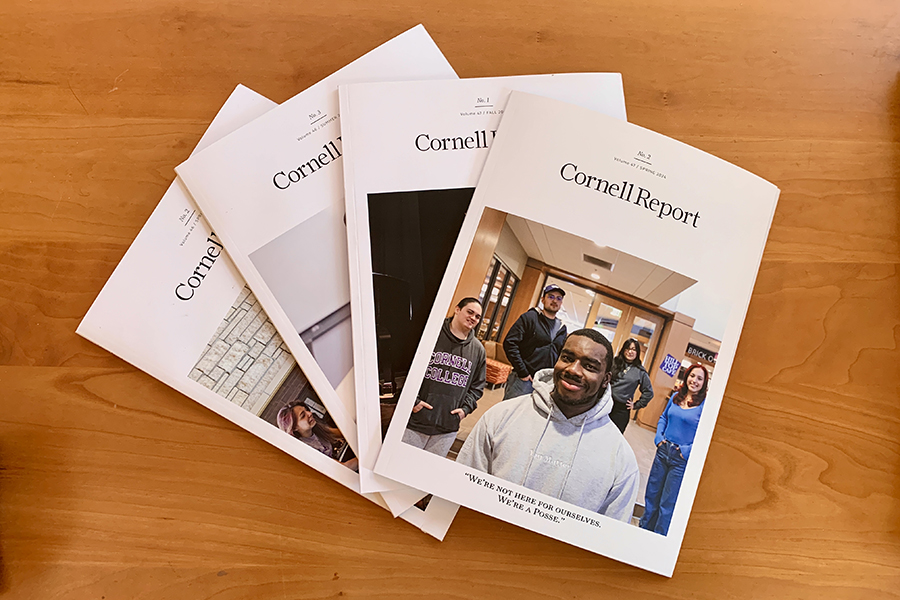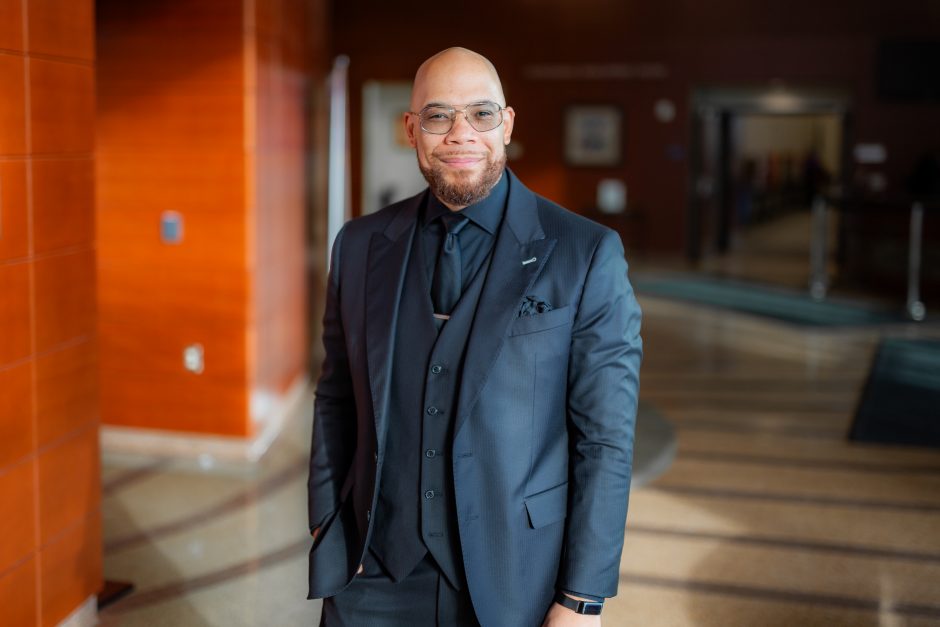Letters Fall 2012
Bon Appétit!
Having worked on the “chow line” while in Bowman Hall for the Navy and Marine units, I think we would all have appreciated the fine restaurant-type food now being offered at Cornell.
Alice Hibner Johnson ’48
Downers Grove, Ill.
Recommended reading
I enjoyed the feature “Faculty Summer Reading” in the Cornell Report. Afterward I picked up one of Jonathan Brand’s recommendations, “The Social Animal: The Hidden Sources of Love, Character and Achievement,” and devoured it. I re-read and underlined and wrote in the margins—just like we learned to study at Cornell. The author brought together many disparate threads of recent research into a terrific whole, and reading the book was full of “Eureka!” moments. Plus, the humor weaved throughout had me chuckling out loud on nearly every page.
Heidi Rosenberg Hartke ’88
Robins, Iowa
Remembering Van Ettens
I was so pleased to read the Cornell Report article about the Center for the Literary Arts, which will be in the Van Etten-Lacey House starting this fall. It got me to thinking about the first, second and third time I was privileged to be invited to the home of Ben and Winifred Van Etten.

I believe the first time was spring 1973, my sophomore year. Mark Van Etten ’76 (whose father was Ben’s cousin) and I were invited to dinner with Ben, Winifred, and Liz Isaacs. They couldn’t have been more gracious hosts. I can’t remember the main course, but dessert was pots de crème (rich chocolate mousse). Being a classic introvert, I’m afraid I didn’t make a very good impression. It used to take me a long time to warm up to strangers and learn the art of polite conversation.
They, no doubt, wondered why Mark was dating a “deaf-mute.” Thankfully, I think I have improved with age. But, it was a rather intimidating evening. How often does one get to meet an award-winning author, beloved English professor and gourmet chef? Was there nothing this woman (Winifred) couldn’t do? (It wasn’t until the summer of 1976, when I read Winifred’s short story “Isolation,” that I discovered that Winifred had once felt as socially awkward as I did. It was quite a revelation.)
During the summer of 1973, Mark suggested that I read Winifred’s novel, “I Am the Fox.” And, of course, I loved it. I recommended it to my mother, who also read it that summer. The book had a different effect on each of us. It caused me to question whether I ever wanted to get married. I did not want to be seen as just “someone’s wife” with no identity of my own. Of course, Mark pointed out that he didn’t agree with Winifred on that point and felt women could have both a family and a career. Nevertheless …
My mother, on the other hand, having been a full-time wife and mother for numerous years, felt the book “gave her permission” to go after something she had always wanted: a college degree. In September 1973, she enrolled in her first college course at College of DuPage, a course on the psychology of women titled The Best Years. I believe she even quoted from “I Am the Fox” in her final paper for the course. Mom loved college and became a straight-A student.
The second time Mark and I visited Ben and Winifred was Sept. 20, 1973. How can I be so sure of the date? Because that was the night of the tennis match between Billie Jean King and Bobby Riggs. And, of course, we were all rooting for Billie Jean King!
The third visit took place around Homecoming of 1973, when the Poetsch and Van Etten families got together for dinner at the Amana Colonies. We met at Ben and Winifred’s home before dinner, and returned there after dinner. It was a very pleasant evening, and my mother was very impressed to meet Winifred. Mom was particularly curious to know if any of the book was autobiographical. Ben volunteered that Winifred had had beautiful red hair when she was young, like one of the characters in the book. And, although Winifred said the characters were “composites” of people she knew, several people recognized themselves in the book, and were not flattered by Winifred’s portrait of them.
At some point in the evening, Ben was talking about the home he had built. He wasn’t sure what would become of it after his death. I think he and Winifred were contemplating leaving the home to Cornell. I remember Mark slid over next to Ben, put his arm around Ben’s shoulder, and jokingly said (or implied, maybe): “Well, you could leave it to me.”
How wonderful to see that the house is “back in the family,” so to speak. And how appropriate that it will be home to the Center for the Literary Arts.
Dr. Roberta J. Poetsch ’75
Rochester, Minn.



